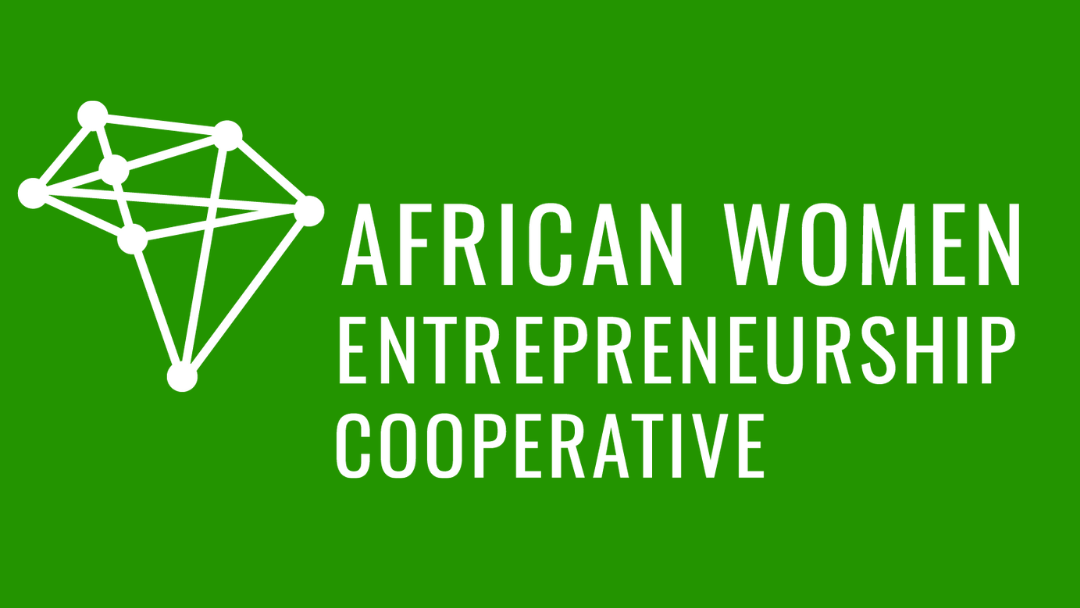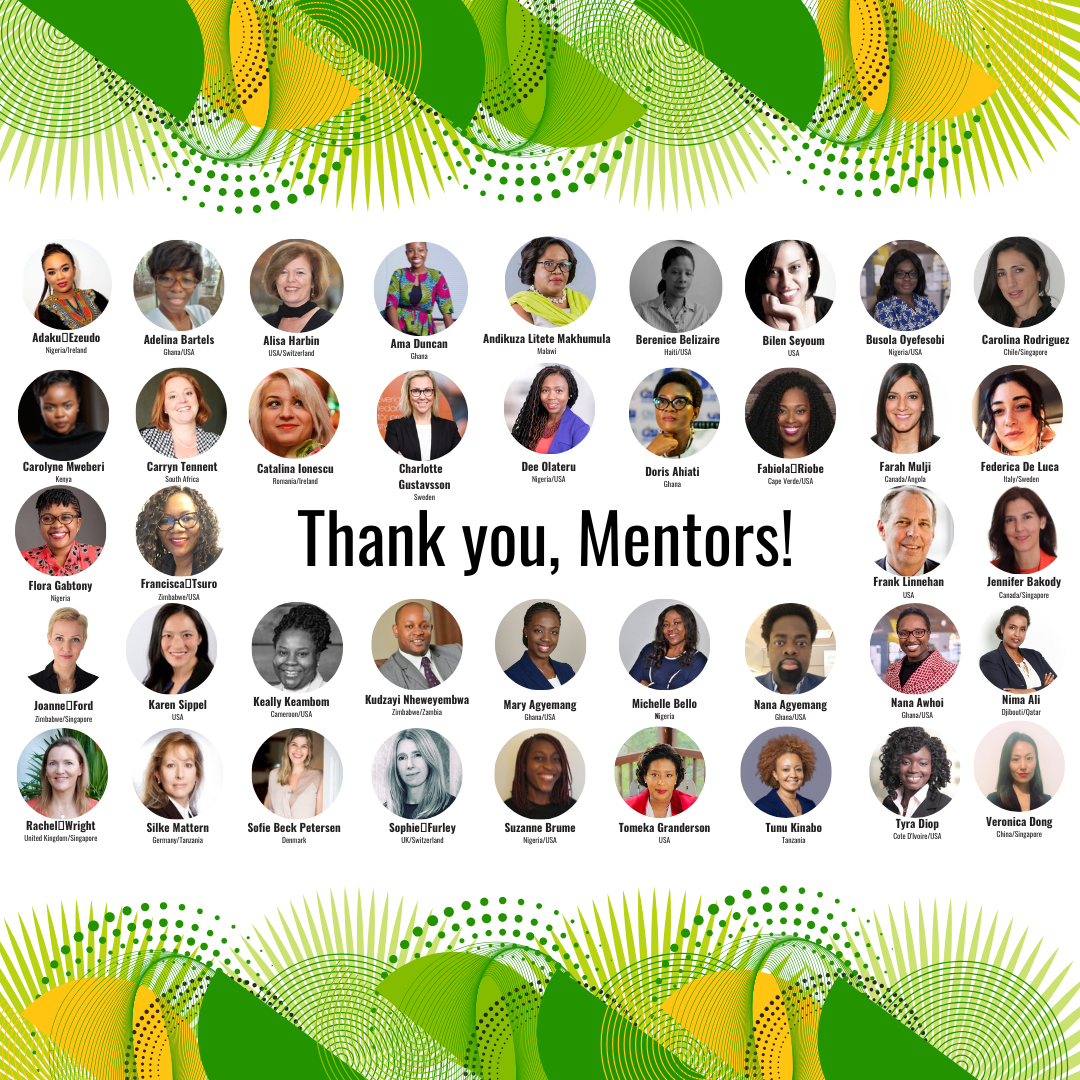#EmbraceEquity: Unlocking Opportunities for African Women Entrepreneurs Through Equity, Inclusion and Empowerment
This month, a global community of advocates acknowledge and recognize the social, economic, cultural and political achievements of women around the world. Celebrated for over a century, International Women's Day (IWD) is a movement designed to promote gender equality, celebrate women's accomplishments, fight against gender-based violence, and foster support for female economic advancement. The event began in 1911 with rallies across Europe organized by Clara Zetkin, who came up with the idea in 1910 and proposed that International Women’s Day be a global occasion honored annually. Today, IWD is celebrated in countries all over the world.
Equity for African Women Entrepreneurs
The theme for International Women’s Day 2023 is #EmbraceEquity, but what exactly does that mean? What role does equity play when it comes to women on the continent of Africa who own businesses today?
Inequity affects many people, but historically, it has marginalized communities such as women, people of color, disabled people, and the economically disadvantaged. Equity seeks to dismantle systems of discrimination and unequal power dynamics and remove structural barriers that impede people's ability to thrive.
For decades, women entrepreneurs in Africa have continually faced a multitude of challenges, including limited access to finance and credit, cultural and societal biases against women in business, lack of education and training opportunities, inadequate infrastructure and support systems, and difficulty balancing work with family responsibilities.
Embracing equity is about creating an environment of fairness and inclusion for everyone, regardless of race, gender, ethnicity, sexual orientation, ability, socioeconomic status, or any other factor. Embracing equity means recognizing the privilege and opportunities of some that others are not afforded.
Addressing Entrepreneurial Disparities Between Genders
When it comes to embracing equity and ensuring that women entrepreneurs are empowered and given the opportunity to reach their full potential, there is no one-size-fits-all solution. Equity is not achieved in a vacuum; it requires an active effort on all levels of society. To ensure we embrace equity when empowering women entrepreneurs, it is important to focus not just on providing access to specific resources, but also on creating a safe-space and ecosystem of support and validation.
Mentoring: One way to do this is by investing in mentorship programs that pair successful female business leaders with up-and-coming entrepreneurs. This relationship benefits both parties: the mentor gains the satisfaction of helping others succeed professionally and personally, while the mentee has access to invaluable guidance and advice from someone who has walked on the same entrepreneurial path.
More than 80% of CEOs say that mentoring has helped them avoid costly mistakes.
AWEC is fortunate to have a global mentor network that brings together senior business professionals from four continents
Mentoring should be tailored to women entrepreneurs because the needs of female business owners are often different from those of their male counterparts. They may require support in areas such as leading more effectively, gaining confidence in their skills and abilities, overcoming gender bias or gender barriers, or navigating the complexities of the business world. Through mentorship, we create a safe space that allows them to openly discuss their challenges without fear of ridicule or judgment and take risks without worrying about failure. By providing mentorship specifically tailored to meet their needs, female entrepreneurs can gain access to resources and opportunities that may otherwise not have been available to them. Additionally, mentoring can provide female entrepreneurs with greater autonomy over their businesses and help foster an environment that encourages creativity and innovation.
When making decisions about giving access and support to women entrepreneurs, involved stakeholders should consider the challenges mentioned earlier in the article.
Equitable Resources: This can include offering grants or scholarships specifically designed for female entrepreneurs, ensuring women have access to networking and mentorship opportunities in male-dominated industries, investing in programs that provide targeted support to marginalized communities, and providing access to advisory services that help women develop their businesses.
Equitable finance: Female-founded companies deliver twice as much revenue per dollar invested as male-founded firms, yet they receive the least amount of capital. A very small portion (less than 7%) of funding in Africa goes to start-ups with a female CEO, with less than 1% going to single female founders and female-only founding teams.
Out of all the funding raised by startups in Africa since 2013; just 3% of it has found its way into the hands of all-women co-founded teams.
Equitable finance exists to provide financial services, investments and products that are accessible and fair to all individuals, regardless of their background or financial situation. These are specifically designed to serve the needs of female business owners and help them access the capital they need to achieve their financial goals without facing discrimination or unfair treatment.
The goal is to promote economic equality and help bridge the wealth gap by providing affordable loans, credit cards, savings accounts, and other financial products.
Equitable finance includes offering loans with lower interest rates, creating investment options specifically tailored to the unique needs of female entrepreneurs, providing mentorships and resources geared toward helping women start businesses, and investing in projects that serve the interests of marginalized communities.
One of the major barriers that women face is the requirement for collateral or assets to secure loans. This can be particularly challenging for women who may not have equal access to property ownership or other forms of collateral. Equitable finance models, such as microfinance and crowdfunding, provide alternative sources of funding that do not require traditional collateral. The Village Savings and Loans Association (VSLA) provided by CARE International, AFAWA (Affirmative Finance Action for Women in Africa) and Absa Bank’s ‘Force for Good’ strategies for positive environmental, social and economic impact, are all examples of financial institutions providing inclusive finance. By providing access to capital without these barriers, equitable finance can help level the playing field for women entrepreneurs and promote gender equality in business.
Equitable finance also promotes transparency and ethical practices in the financial industry, which benefits everyone.
Equitable Learning: Leveling the Playing Field for Women-Led Businesses in Africa
Over the last five+ years, the African Women Entrepreneurship Cooperative has been fortunate to have worked with over 1,000 trailblazing women entrepreneurs from across the continent and the diaspora who have grown their businesses and networks and transformed their communities.
While we celebrate their achievements and the knowledge that we have built a successful experiential learning program, we are also aware of more than 8,000 other women entrepreneurs that we have not been able to accept in our program. These women continue to demonstrate their willingness to learn from us through their engagement with our content in our monthly newsletter and social media channels.
As such, for the first time in AWEC’s history, we launched a 5-week long cooperative learning experience. African women entrepreneurs at any stage of business, from ‘aspiring’ to ‘seasoned-in-business’, can now access content that will allow them to better understand their businesses. With our knowledge and experience of the African ecosystem, as well as our awareness of the challenges women face as business owners, we have created these modules to support this specific audience.
Designed to be practical, applied, and interactive, the bitesize tutorials will meet the needs of each entrepreneur differently, giving them input that aligns with where they are on their business journey.
And we know that it doesn’t end there because studies have shown that when women gain knowledge and learn new skills; they consistently channel their new-found empowerment into making sure their families and communities benefit. The network effects of the AWEC community are exponential.
Advocating for Equity
Equity acknowledges that people don't begin life in the same place, and that circumstances can make it more difficult for people to achieve the same goals.
Ultimately, when empowering women entrepreneurs in Africa, #EmbraceEquity requires long-term dedication through meaningful action at all levels of society. If we want more African business women to succeed, we must 1) engage in discourse around money management in business ownership; 2) provide access to resources; and 3) financially support women-led businesses through government grants or venture capital investments. With this framework, women entrepreneurs can reach their full potential without facing any sort of discrimination or disadvantage due to their gender.



